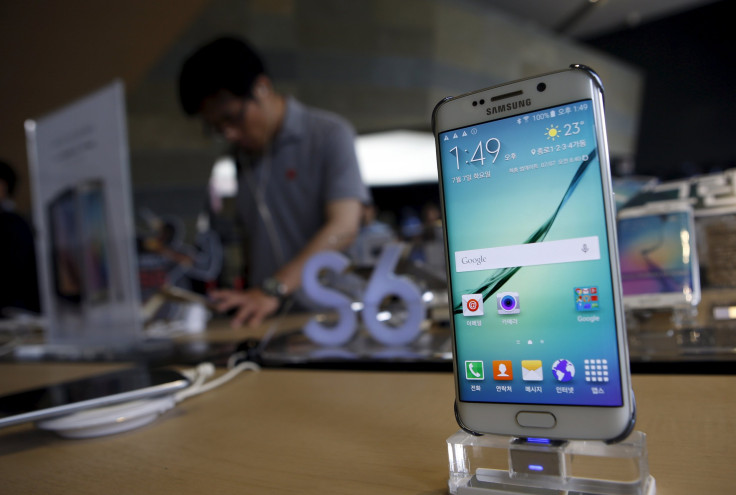Mobile Phone Usage Patterns Can Predict Depression: Study

Mobile phone data may be able to help determine whether someone is suffering from depression, according to a new study. Data gathered from an individual's phone about location, usage and schedule could ascertain if the person shows symptoms of a major depressive disorder, researchers at Northwestern University, Illinois, said.
The researchers found that people who spent more time at home, used their phone more and had erratic schedules were more likely to display symptoms of depression. The results of their research were published Wednesday in the Journal of Internet Medical Research.
"The significance of this is we can detect if a person has depressive symptoms and the severity of those symptoms without asking them any questions," David Mohr, lead author and director of the Center for Behavioral Intervention Technologies at Northwestern University Feinberg School of Medicine, said in a statement. "We now have an objective measure of behavior related to depression. And we're detecting it passively. Phones can provide data unobtrusively and with no effort on the part of the user."
For the study, the researchers installed an app known as "Purple Robot" to the phones of 28 test subjects aged between 19 and 58, and collected their GPS and phone usage data. Half of the participants suffered from mild to severe depression during the trial and the other half exhibited no symptoms.
The GPS data could be used to examine their location and their state of activity. This data could also be compared against their daily circadian rhythm to determine how fixed their schedule was. The study found that lower level of movement and more time spent at home were correlated with depression.
The researchers also measured phone use among participants, and found that the average phone use among all participants was 41 minutes per day, but for depressed individuals it was 68 minutes, while it was only about 17 minutes for non-depressed people.
The researchers said that this method was a useful way to track how people were feeling without having to rely on self-reported data, which is often unreliable. "One of the things that we find over and over again is that people don't answer questions," researcher Sohrab Saeb, a postdoctoral fellow at Northwestern University, said, according to Time magazine. "In apps, they'll respond to questions for a few days and then get tired of it."
Using this method, the researchers were able to determine whether someone was depressed with 87 percent accuracy.
However, the report warned that the results were based on a small sample size, and that they would need to be replicated in a larger test. The results were useful for opening up new ways of diagnosing and treating such diseases, the researchers said.
"We will see if we can reduce symptoms of depression by encouraging people to visit more locations throughout the day, have a more regular routine, spend more time in a variety of places or reduce mobile phone use," Saeb said in the statement.
© Copyright IBTimes 2024. All rights reserved.





















